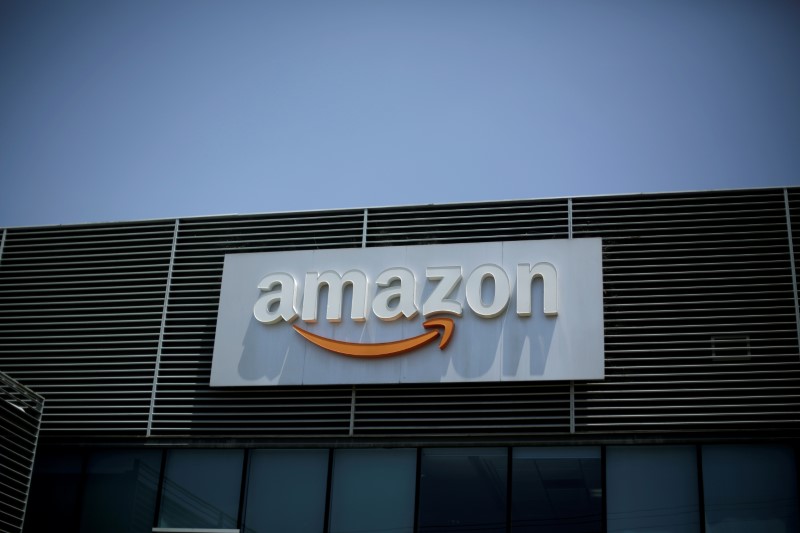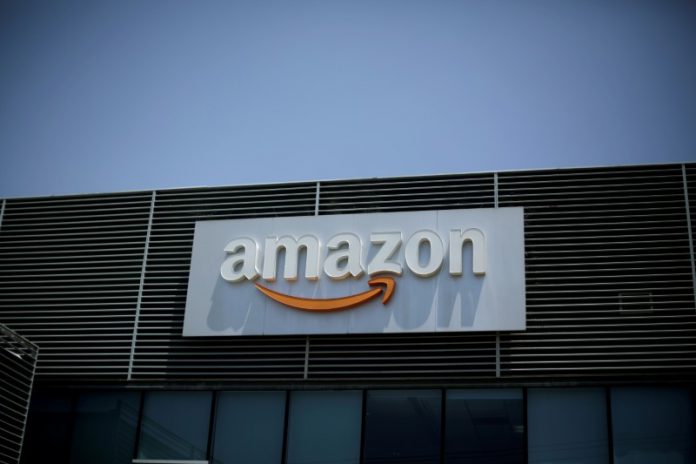
SEATTLE (Reuters) – The Seattle City Council on Tuesday repealed a newly enacted "head tax" over the city's largest companies, including Amazon.com, facing seemingly insurmountable big-business opposition to some revenue measure directed at combat homelessness.
The 7-2 vote in favor of repeal capped an acrimonious public hearing interrupted by chanting supporters in the tax, conceived in reply towards a local economic boom containing driven up properties costs in the cost the functional class.
The council's stunning reversal came as momentum was building to get a referendum drive about the measure, just weeks after it was unanimously adopted because of the council and signed into law through the mayor.
"That is a cowardly betrayal with the needs within the employees," Councilwoman Kshama Sawant, a top proponent of the tax who voted against repeal, said to thunderous applause moments before the council completed its vote.
But Councilwoman Lisa Herbold said she was reluctantly voting for repeal in lieu of drag town through the protracted political fight she called "not winnable during this particular time."
"The opposition has unlimited resources," she added.
Amazon.com (O:AMZN), the city's largest employer, was at the forefront associated with a coalition of companies managing a well-financed campaign to position a repeal referendum about the ballot to your November elections.
Amazon Vp Drew Herdener hailed Tuesday's vote as "the proper decision for your region's economic prosperity."
The tax may have applied just to the city's largest companies by revenue, those grossing no less than $20 million 1 year. It absolutely was most likely to be borne by about 500 companies.
Opponents had already collected nearly 46,000 signatures from voters simply a repeal initiative, well over the 17,000 had to entitled to the ballot, in line with the Downtown Seattle Association, an organization group which led the petition drive.
The effort quickly raised $300,000, including contributions of $25,000 each from Amazon and low retailer Starbucks (O:SBUX), another major Seattle stalwart, and $30,000 with a grocers trade group, said Jon Scholes, president in the Seattle Association.
HELP With the HOMELESS
The measure, passed on May 14, would have levied a tax of roughly 14 cents per employee on an hourly basis worked throughout the city to get a minimum of $45 million over 5 years. The revenues were earmarked to develop affordable housing and furnish support services for any homeless.
Sponsors with the tax said Seattle's biggest-earning businesses should shoulder some burden for easing a low-cost-housing shortage they helped create via an over-heated real estate market containing left the working poor and lots of middle-class families incapable of manage to are living in town.
Opponents branded the measure a "tax on jobs" and said they feared it would spark a financial backlash.
Amazon had threatened to abandon plans for your major downtown office building if your head tax was approved. After Tuesday's vote, Herdener said Amazon was dedicated to "joining the response to homelessness" and would keep buy nonprofit groups addressing the problem.
Advocates for any poor express that rampant homelessness inside city is definitely an extension of a bigger crisis in affordable housing.
They cite data showing Seattle's median house values have soared to $820,000 understanding that 41 percent of renters ranked as "rent-burdened," meaning they pay in regards to third or higher of these income on housing.
The Seattle metropolitan area features the nation's third-largest concentration of homeless people, nearly 12,000 counted from a January U.S. government survey and up to 50 % of these living for the streets.
The debate has been administered by politicians in major cities nationwide. A few weeks ago, about 40 elected officials from around the world, some from local governments vying to host Amazon's second headquarters, published a wide open letter to Seattle supporting the pinnacle tax and expressing concern that Amazon opposed the measure.
















